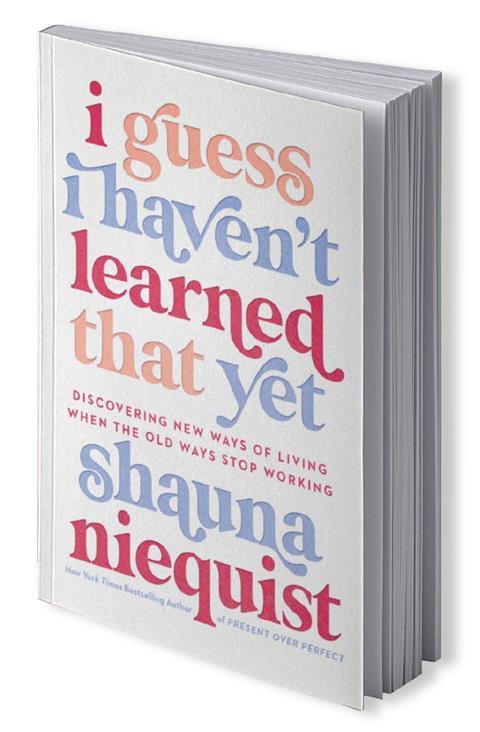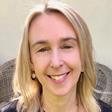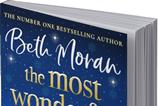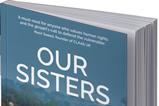I Guess I Haven’t Learned that Yet by Shauna Niequist (Zondervan, 978-0310355595)

I Guess I Haven’t Learned that Yet is a series of ponderings and reflections. Shauna says that life as she knew it simply fell apart in her early 40s – this book is the result of her trying to make sense of it all.
She tackles ageing, parenting, moving, facing marriage difficulties, having to cut ties with church, how relationships evolve and change, dealing with issues that resurface – not to offer self-help, but simply to share the treasures she has found have helped her cling to hope, joy and gratitude.
In the introduction you acknowledge that the book is a ‘mishmash of topics and themes’ – how did you decide what to include and what to leave out?
I wish I was a writer who worked well with an outline – every time I finish a book, I tell the team I work with that next time, I promise to use an outline. They smile and nod, knowing I always intend to, but never actually do – it’s not the way my mind works.
Instead, I write and write and write, and then I send a huge stack of essays to my editor. For this book, the question we asked about each essay and story was “is it useful?” If we felt like there was something genuinely helpful for a reader, we included it; if not, we omitted it.
Could you explain the story behind the phrase used as the title?
Soon after we moved to Manhattan, we realised that we needed a way to reframe the idea of being a beginner. We wanted a way to remind our children especially that having questions doesn’t mean you’re doing it wrong – it just means that you’re new. Learning is part of the process. Like most things that we intended to help our kids, of course the phrase became even more resonant and helpful for Aaron and me.
You indicate that you had to learn to be “a beginner again” in midlife. Why were your old strategies no longer working and what new ways did you find helped you move forward?
I think in many ways it was a midlife thing, but also a big move, a pandemic and menopause…at a certain point, I felt so unfamiliar to my own self that I was surprised I recognised my own face in the mirror. Some of the things that have helped most: a regular walking routine, a great therapist and intentional connection with a small circle of wise and loving friends.
How has your faith changed and deepened during the dark and tumultuous experiences?
At the centre of my faith practice is prayer. Prayer has been a lifeline in this season – whether the prayers we say in one voice at church, or breath prayer or centering prayer, even bedtime prayers with our boys. Over the years, I’ve found the regular practice of prayer to be one of the most healing and grounding parts of my day, and never more so than in this chaotic season.
You touch on many difficult situations but don’t go into much detail about any of them – you must have made a conscious decision to do that and yet the writing seems like it simply poured out of you, so what was the writing process like?
I must have had a thousand conversations with the editorial team I work with and with close friends and family about which details to include and which were wiser to omit. I feel great about where we landed: essentially very few details about the actual situations, but lots of texture and dimension about my own experience and emotional landscape – that’s what’s mine to share.
I really appreciated your honesty surrounding the onset of menopause – there don’t seem to be many writers touching on that subject in such a real way – why did you choose to share that?
On one hand, it was the last thing I wanted to talk about – this very difficult, confusing part of my life – but at the same time, that’s why it felt important to talk about it: because I really needed information and connection and wisdom, and I couldn’t find it. I wanted to talk about it so that other women experiencing the same things would feel less alone.
You mention that you were asked by a friend why you stick with the Church despite its many failings – could you explain your answer?
I see the flaws and failings, of course. And certainly there are times in our lives when the healthiest thing is to step away from our churches for a little while. But I also want to be a part of the solution – a person who’s committed to finding a healthier, more whole, more life-giving way for the Church to gather.
What do you hope your readers will take away from your book?
My greatest hope is that readers will feel a little less alone as they read, and that there would be moments or stories or ideas that would be genuinely useful in their lives – a handhold or a lifeline that makes a tough season a little lighter.
































